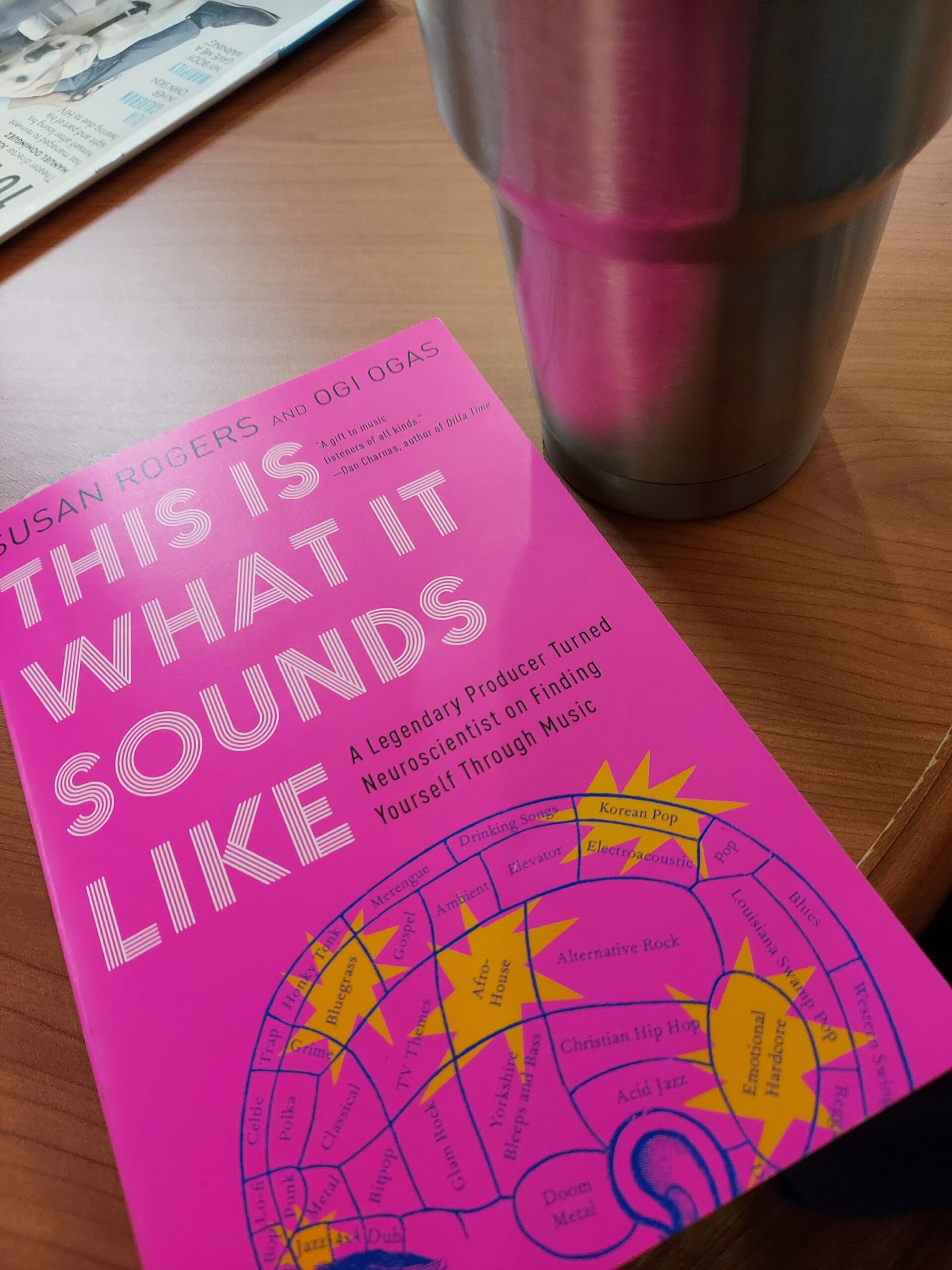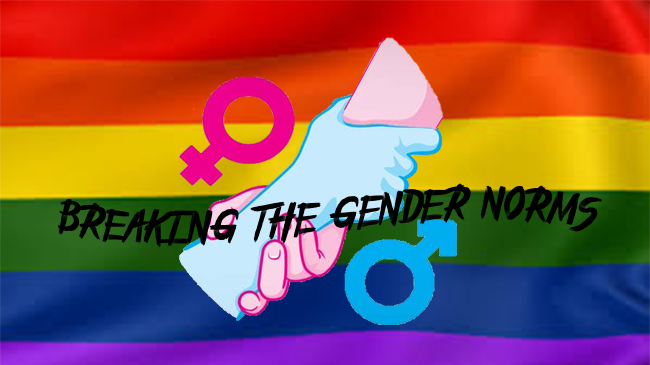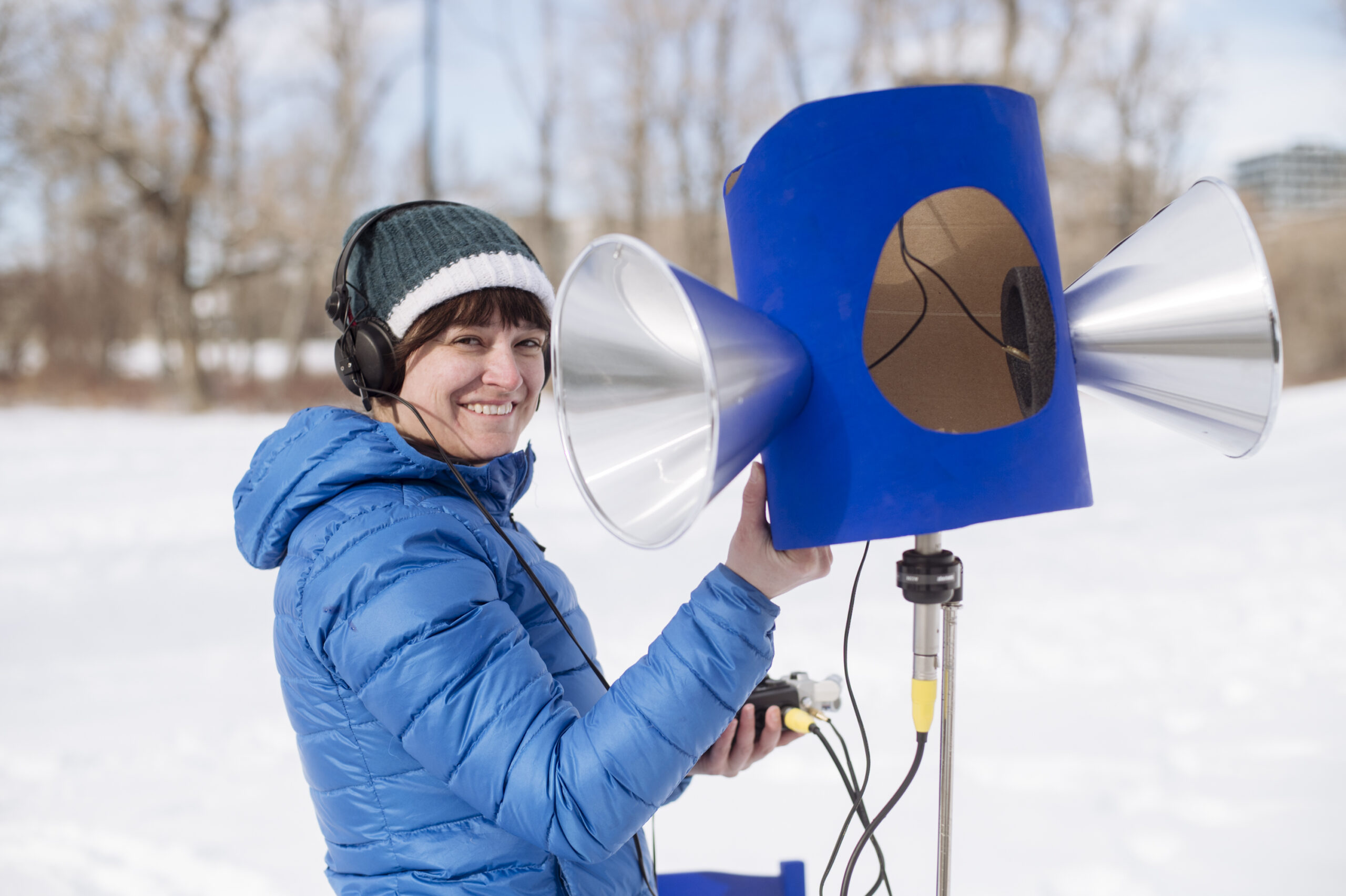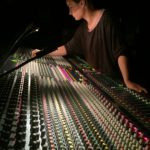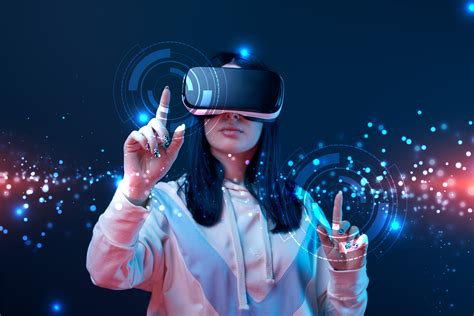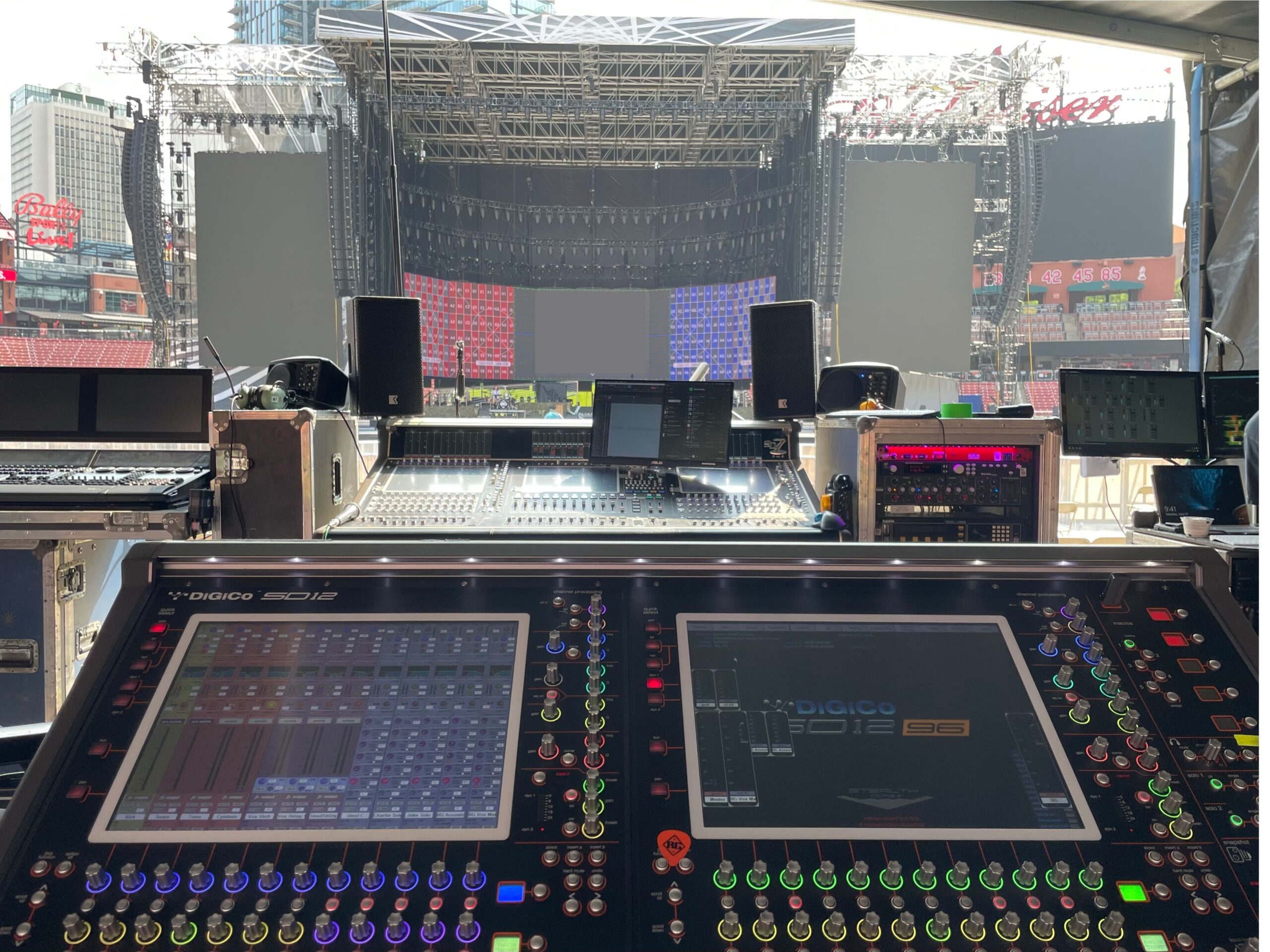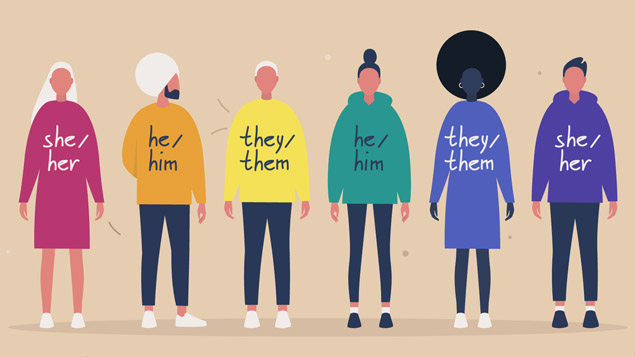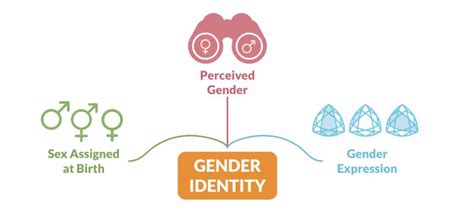Christina Masha Milinusic is a seasoned professional with 20 years of experience in Live Sound, Recording, Location Sound Recording, and Audio Education. As the owner of Unity Sound, Christina has contributed her expertise to various institutions, including the City of Calgary, the Calgary Stampede, the University of Calgary, the University of Lethbridge, Mount Royal University, The Grand Theatre, and Stage West. Currently a member of IATSE #212, Christina is also a Sessional Instructor in Digital Audio Arts at the University of Lethbridge, specializing in technical ear training.
As a teenager, I organized and mixed all-ages shows with “Just a Bunch of Kids,” a non-profit formed by a group of alternative-minded youths passionate about music. Despite being a homeschooled ballerina from the suburbs, I felt a magnetic connection to the established punk/no-wave/indie scene at the Multicultural Centre in Calgary’s East Village.
In my early 20s, I was offered the install and house tech position at the Broken City Social Club in downtown Calgary (now Modern Love), where I had the privilege of mixing some truly incredible bands. This period marked a turning point as doing sound was a job that provided me with the means to move out and support myself.
Entering my 30s, I was employed full-time as an Electronics Technician for the Calgary Stampede. Here, I earned respect as an audio professional and was recognized as a capable member of the events team. This position brought an awareness that I have forged a successful career and have unique skills that contribute to the field of audio and sound community.
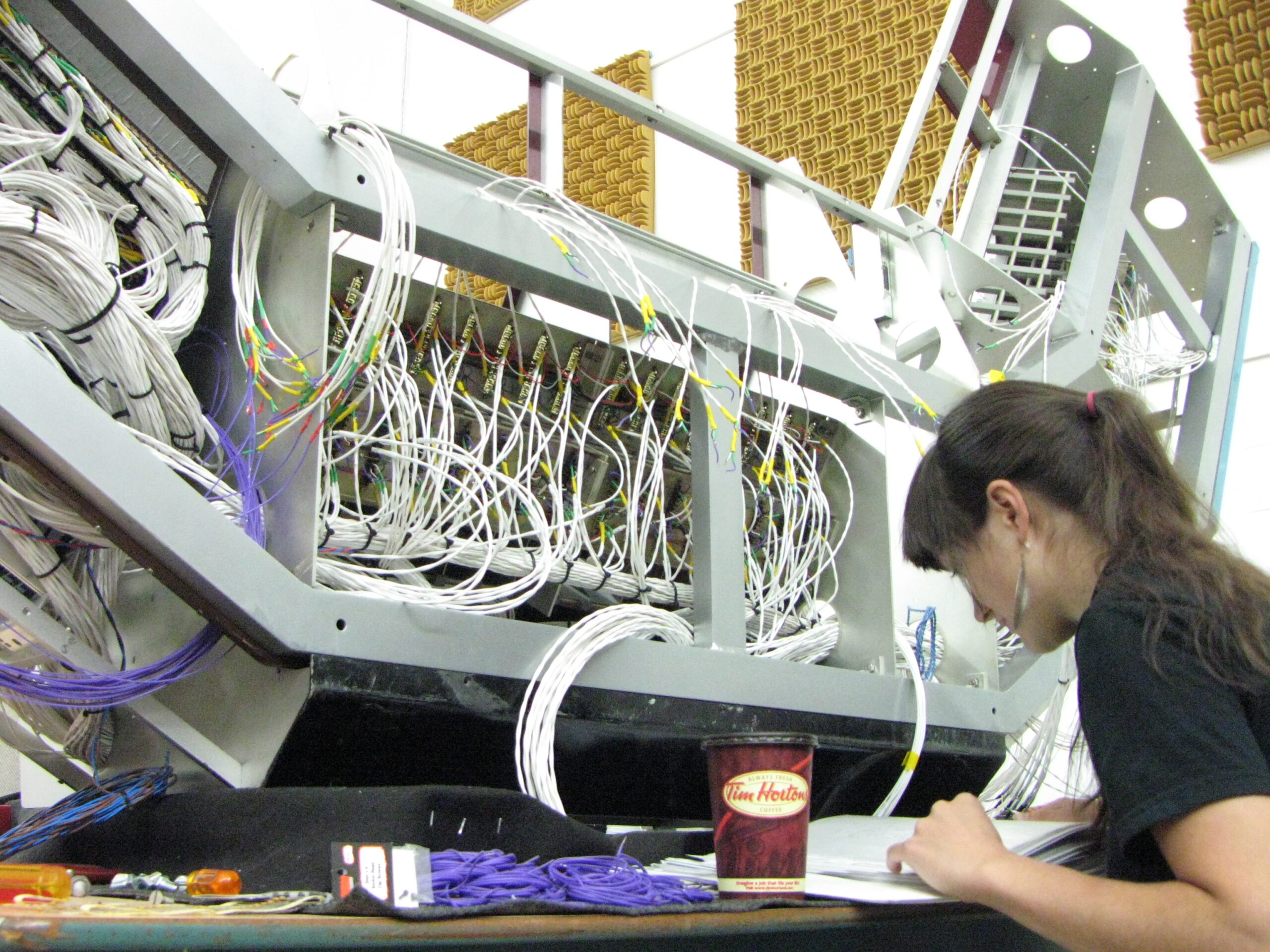
Career Start
How did you get interested in audio?
My journey was sparked by my lifelong fascination with the theremin—an entirely non-mechanical electronic instrument that is played by manipulating the electromagnetic field it generates, much like a radio using a heterodyned circuit. Imagine dancing or, more commonly, as most theremin players stand very still, moving your hands very precisely in the air to produce music. Being an integral part of an electronic circuit while playing is a fabulously connective experience that ignited my interest early on.
My fascination with the science and art of sound extends beyond my instrument of choice. I continually deepen my knowledge through a combination of in-person and online training courses. I’ve attended classes with Meyer Sound and Robert Scovill at the Banff Centre, participated in the AES Immersive Audio Academy, Jon Halliwell’s Audio System Engineering class, and most recently completed PK Sound Dynamics Training where I learned about robotic line arrays.
Did music and audio interest you while you were growing up?
Yes, as a child my siblings and I put on plays and dance recitals in our basement. I was always listening and dancing to 33 and 45-rpm records on our little Strawberry Shortcake record player. We all played piano, but my brother was an exceptional talent. When he entered grade eight of the Royal Conservatory curricula, our family bought a baby grand piano for him. I still can recall an internalized reverberation of the sound; I would sit underneath the piano listening to him practice and feeling the soundboard resonating… perhaps getting up to watch the strings vibrate and hammers move. As a teenager, my older sister (who went on to host a radio show in Sackville, New Brunswick during her university years) and her cultured, cool friends (who are also still some of our best friends), introduced me to a lot of great music like Guided by Voices and Sonic Youth… my list of favorite music is long and groovy.
Did you attend a University/College/Trade School?
Yes, I studied Liberal Arts, Cultural Studies, and Psychology for my undergraduate degree at York University, St. Mary’s University, and the University of Calgary, earning an Honors Bachelor of Arts in 2015. I recently completed my Master’s degree with a focus on Digital Audio Arts at the University of Lethbridge, graduating this past October.
How did your early internships or jobs help build a foundation for where you are now?
I had an invective experience as an unpaid intern at an analog recording studio in my late 20s and early 30s. I became good at soldering, recording session preparation, and strike, as well as tea-making. It was a rare opportunity to listen to some gorgeous analog gear that shaped and altered my way of listening forever. I discovered a deeper layer of existence that supported the sounds I heard in venues, and found an awareness of the electronic components hidden under the surface of equipment.
What did you learn interning or on your early gigs?
During another internship at an audiology clinic, I learned about human hearing and the importance of protecting our (and our audiences’) ears. While navigating this clinical environment, I discovered that my aptitude for, and interest in, cleaning out earwax was negligible. Additionally, my unique hearing preferences became apparent—I require more precise equalization parameters than most hearing aids offer, with a minimum requirement of 1/3 octave bands.
Did you have a mentor or someone that helped you?
I am blessed to have a distinguished and diverse group of friends and colleagues in my life, from whom I continually learn. Two individuals, Fred Boehli in technical services and Ronan McGurk, a systems technician, stand out as particularly supportive sound professionals who have been working with me for decades. A wonderful byproduct of working across various companies over the years has been the opportunity to absorb the different workflows utilized for both live events and recordings. For instance, the way I structure input and output routing on a console varies significantly depending on whether I am at FOH mixing a live broadcast with multiple media and record feeds, or am the monitor technician for bands.
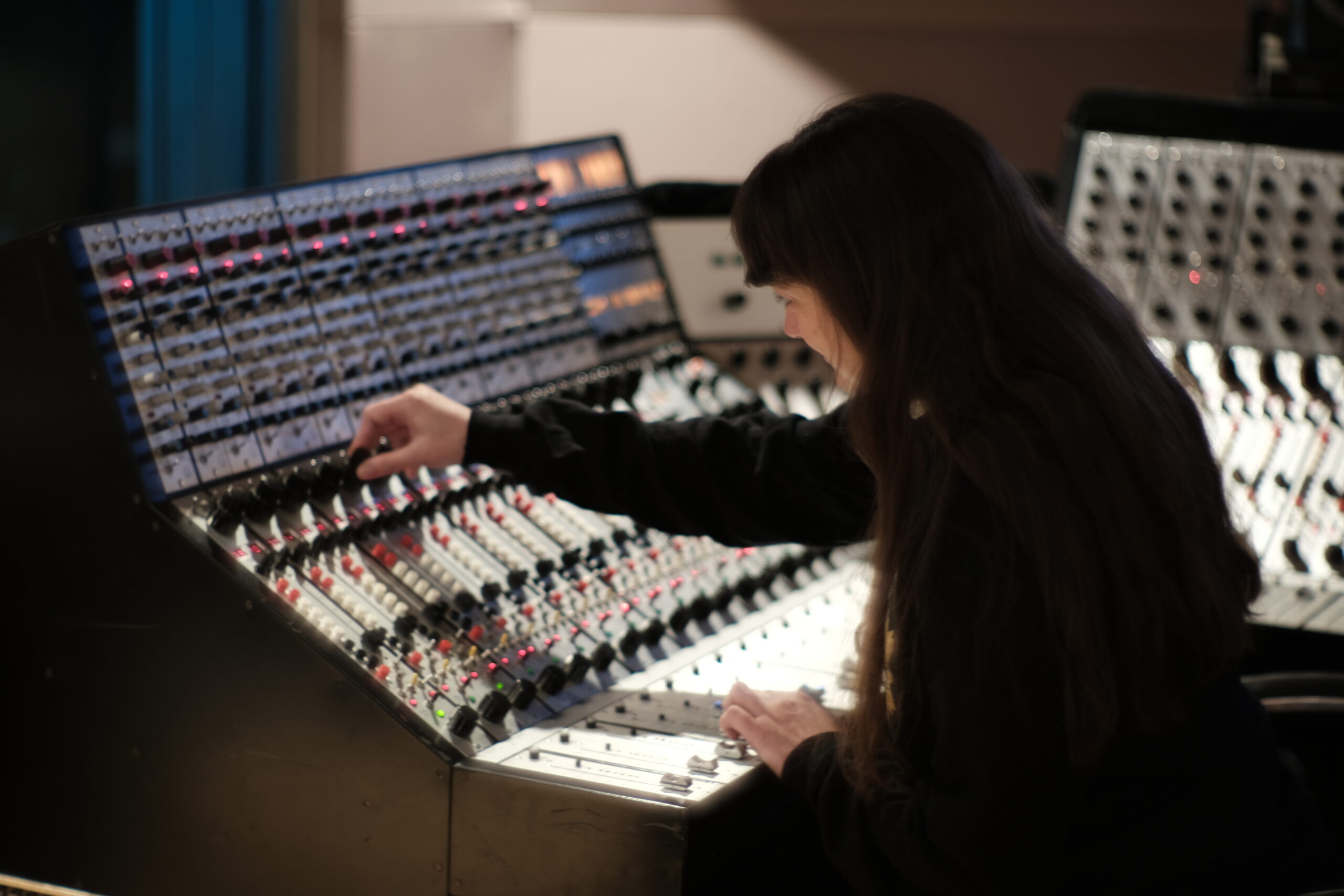
Career Now
What is a typical day like?
My schedule fluctuates. Today I have a noon-hour concert, a short shift, but many of my days are very long, 10-14 hours. Weekends may find me working from 6:00 pm to 2:00 am, followed by early starts at 6:00 am on certain weekdays. On days when I am not on a live event or recording, I am in my home studio preparing lectures for my technical ear training class which involves making presentations, grading, designing laboratory activities, as well as organizing resources to empower my students in their career endeavors.
What do you enjoy the most about your job?
The equipment, the spaces, and the camaraderie with people I work for and with.
What do you like least?
Perhaps unsurprisingly, the same three elements. While I have a preference for mixing on real consoles with physical knobs and faders, there are situations where using an iPad/tablet with its skeuomorphisms is the optimal choice. Years ago, I encountered a few colleagues who were hesitant to communicate and share gig-related information with me, which created challenges, particularly when assumptions were made—that behavior ranks high on my ‘least liked’ list. Additionally, discovering broken or unreliable gear that lacks proper labeling and is subsequently put back into ‘service’ is particularly displeasing.
What is your favorite day off activity?
I am getting better at making a deliberate effort to rest and rejuvenate on days off. I find joy in creating art, heading to the mountains with my partner and our pup, attending shows, catching up on sleep, cooking, reading, or playing the theremin along to my favorite songs.
What are your short-term goals?
Now that I’ve graduated, my short-term goal is to work full-time with a fantastic team dedicated to delivering exceptional performances and sonic experiences. I believe in my capability to work in various settings, whether in live environments, recording studios, or on set. My preference is to consistently work with professional consoles and PA systems, allowing me to quicken my response time and develop a more meticulous workflow.
What are your long-term goals?
My long-term goals are ambitious. I aspire to become a go-to mixer for the bands I admire and work as a member of the audio teams for prominent Calgary venues like the Saddledome, Jubilee, and Jack Singer Concert Hall.
On a more artistic note, I envision controlling spatial audio systems using my theremin, leveraging new and developing technologies. As a service-minded sound professional, I want to contribute meaningfully to the audio community, producing engaging recordings and sound art that showcase collaborative efforts. Another aim is to become ‘Dr. Sound’ through a potential Ph.D., exploring how sound, a profoundly physical energy, may shape human perception.
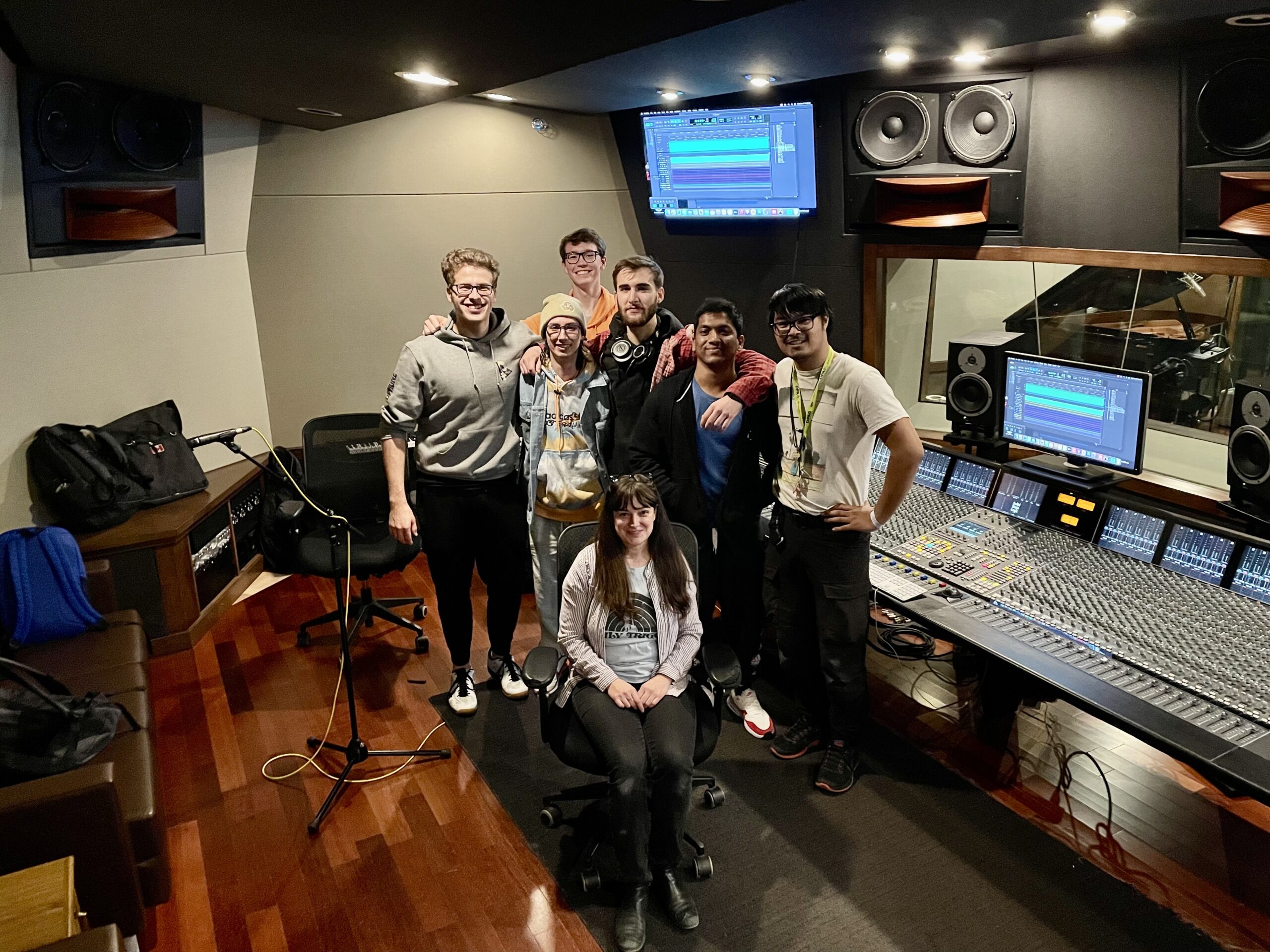
What if any obstacles or barriers have you faced?
I hold myself to very high standards, grappling with self-deprecation, lack of confidence, and periods of intense depression. While facing numerous challenges, some shared by fellow sound professionals, I recognize that my self-treatment has been the most significant obstacle.
How have you dealt with them?
I maintain a mindful practice where I actively correct negative self-talk and consistently remind myself to extend the same kindness and encouragement to myself as I do to others.
Advice you have for other women and young women who wish to enter the field?
Go for it! You have the potential to be brilliant and successful in this field.
Just start where you are and keep learning, maintaining gratitude and humility throughout your journey.
I am immensely grateful to SoundGirls for its existence, connecting me with inspiring women who triumph over challenges and stand as crucial role models. Being part of this community is a true honor, and I am exceedingly humbled by the experience.
